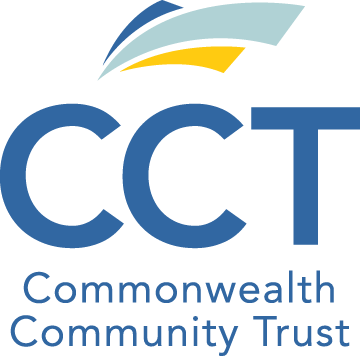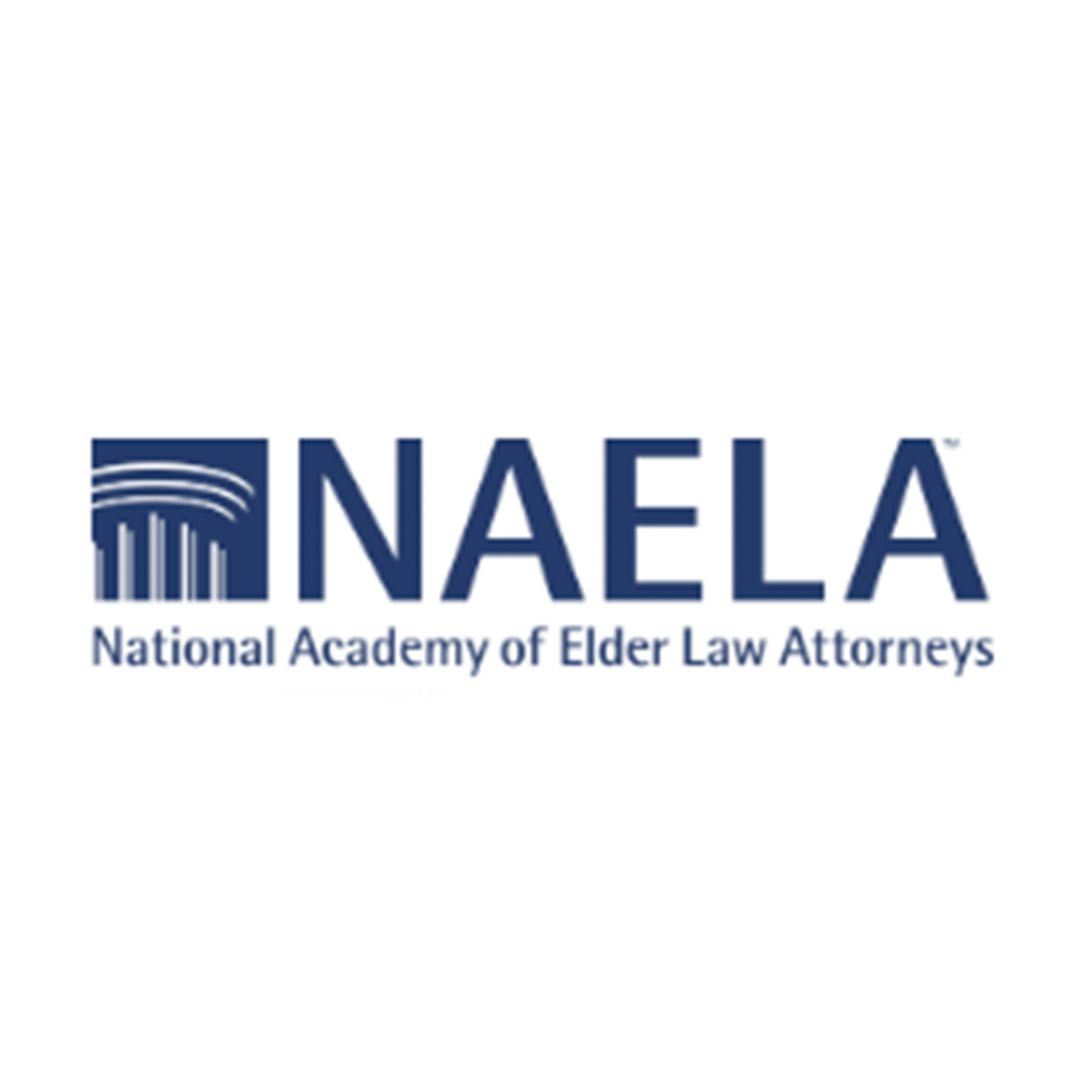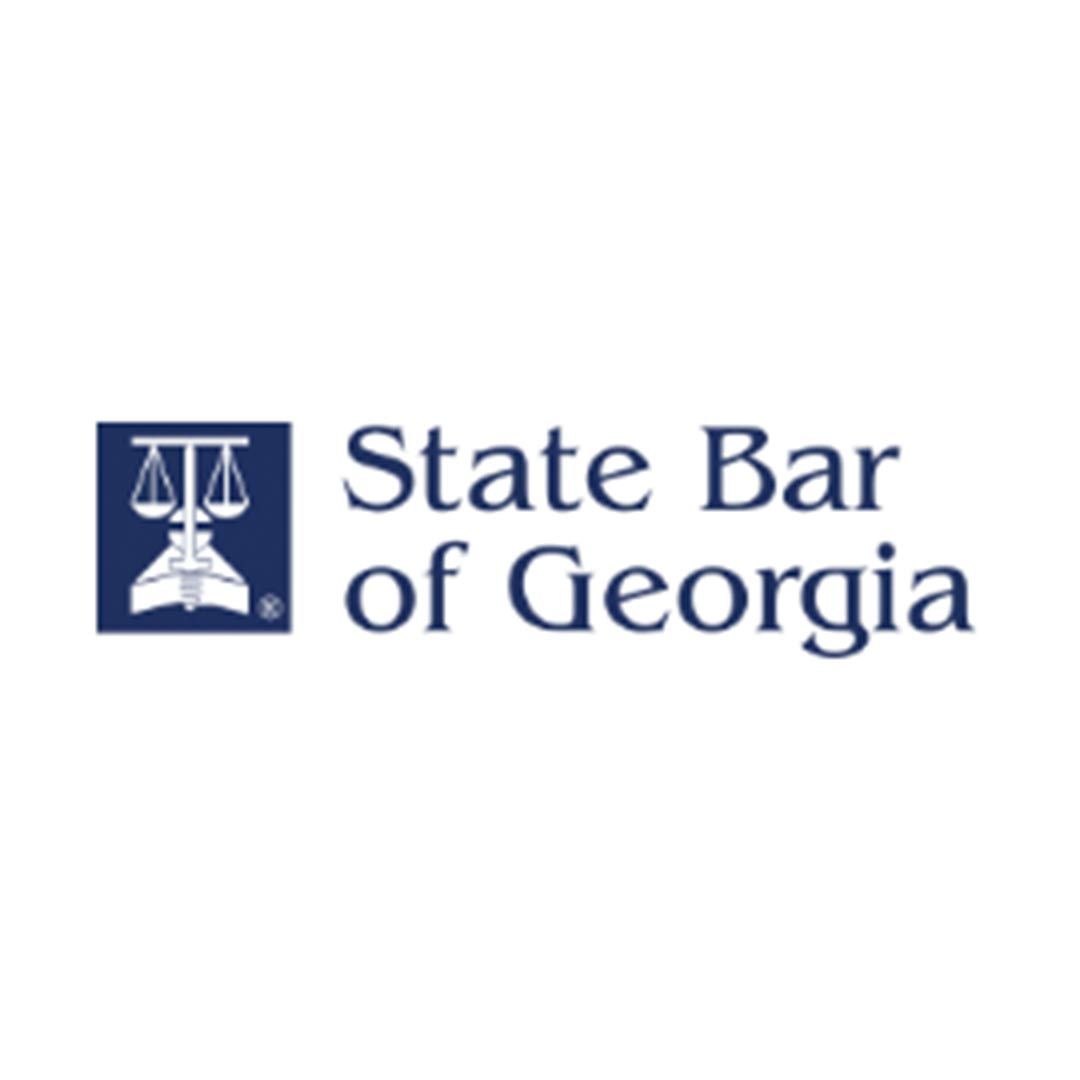Nesting a Medicare Set-Aside Inside a Pooled Special Needs Trust
By Joanne Marcus, MSW, President and CEO of Commonwealth Community Trust (CCT)
This is the second article in a two-part series discussing First-Party PSNTs and Medicare Set-Aside (MSA) accounts. This article will provide an overview of MSA accounts and discuss the advantages of nesting an MSA account inside a First-Party PSNT.
OVERVIEW OF MSA ACCOUNTS
Following settlement of a workers’ compensation or liability lawsuit, Medicare is prohibited to pay for injury-related medical expenses or medications that an employer or health insurer is primarily responsible to pay. To prevent this, federal law requires that an allocated portion of settlement funds be “set-aside” in an account to pay for injury-related medical expenses in the future. Medicare will suspend payment for injury related costs until the allocated amount has been appropriately spent. Guidelines have been in place for years for workers’ compensation awards, and are on the horizon for liability cases.
The Centers for Medicare and Medicaid Services (CMS) has issued guidelines governing how MSA accounts should be handled in order to ensure future eligibility for injury-related Medicare benefits. The following guidelines are examples of the CMS guidelines for recordkeeping and the requirements governing how funds from the MSA account for prescriptions and other medical expenses can be disbursed:
Pay only for medical bills incurred for the exact injury that is the subject of the workers’ compensation or liability case and covered by Medicare;
Submit a yearly accounting of all expenditures from the MSA accounts to Medicare, including receipts;
Determine which medications are covered by Medicare, and if the medication is not covered, contact the doctor to find the appropriate alternative;
Monitor ongoing medical treatments and review any newly prescribed treatments or medications to ensure compliance with CMS regulations; and,
Find medical providers and pharmacies will to accept payment based on the pricing method selected in the MSA documents and approved by Medicare.
Failure to follow these regulations in addition to numerous others can jeopardize future Medicare eligibility for injury-related care.
HOW IT WORKS
***************
ADVANTAGES OF NESTING MSA INSIDE A PSNT
***************
It is possible for an individual to be dual-eligible for Medicaid and Medicare. MSA accounts, while necessary, are also a resource for public benefits eligibility. Clients who receive means-tested government benefits such as Medicaid and SSI may lose eligibility as a result of owning an MSA. The solution is the coordinated use of an MSA account within a First-Party PSNT. This arrangement should protect an individual’s eligibility for Medicaid and SSI as well as ensure injury-related expenses are appropriately paid. The PSNT also provides professional management of funds for a beneficiary, not receiving public benefits, but who may need assistance with financial management.
SELF-ADMINISTRATION CAN BE OVERWHELMING
While self-administration is an option, recordkeeping and accounting for an MSA account can be complex. The account must be funded either with a lump sum from the settlement or with seed money and subsequent structured settlement annuity payments. Also, the account must be an entirely separate interest-bearing checking or savings account with no non-MSA funds comingled. Interest earned must also be used for medical expenses related to the injury suffered that would otherwise be covered by Medicare.
Meticulous records of the distributions and expenditures from the MSA account must be maintained. For liability MSAs, accounting is only required when the account balance reaches zero, but workers’ compensation cases have annual reporting requirements. Medicare will use the report to confirm that all MSA funds have been exhausted and spent properly before the client can start to again submit bills to Medicare. CMS has recovery rights when it has paid where it should not have and can levy damages and suspend Medicare benefits until the funds are paid back.
CONCLUSION
It is important to be aware of the regulations that govern Medicaid and SSI eligibility and help clients plan accordingly so they are not at risk of losing their benefits. Understanding the importance of nesting an MSA account inside a First-Party PSNT is important in workers’ compensation and personal injury cases.
Published by the National Medicare Secondary Payer Network (formerly National Alliance of Medicare Set-Aside Professionals): November Featured Article




